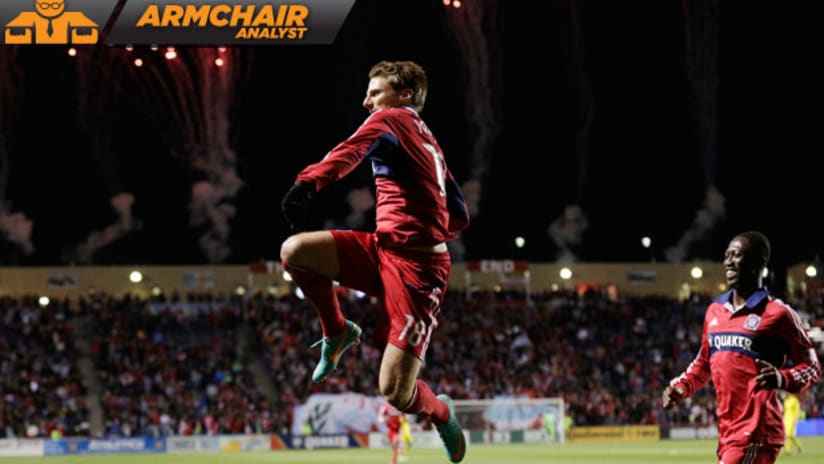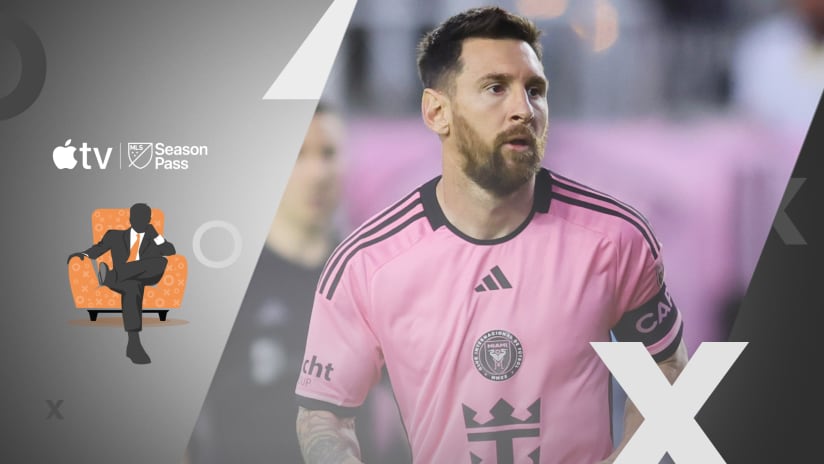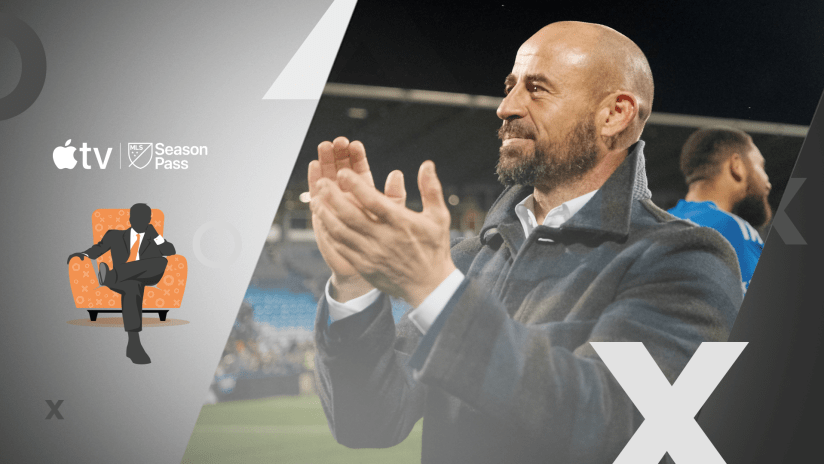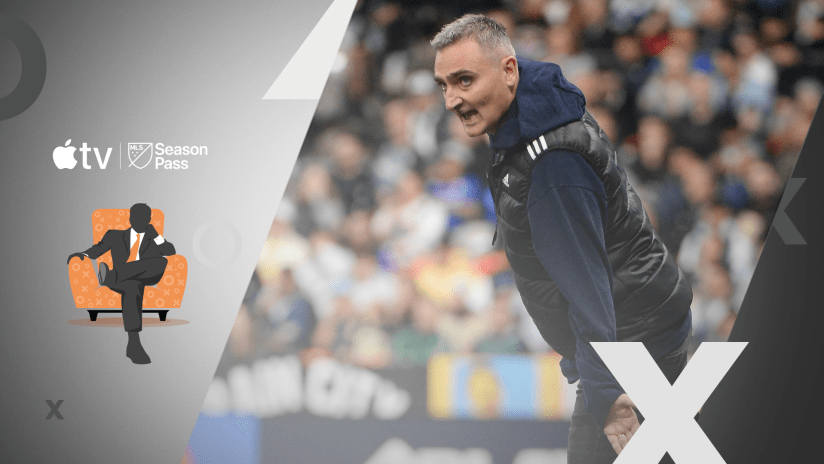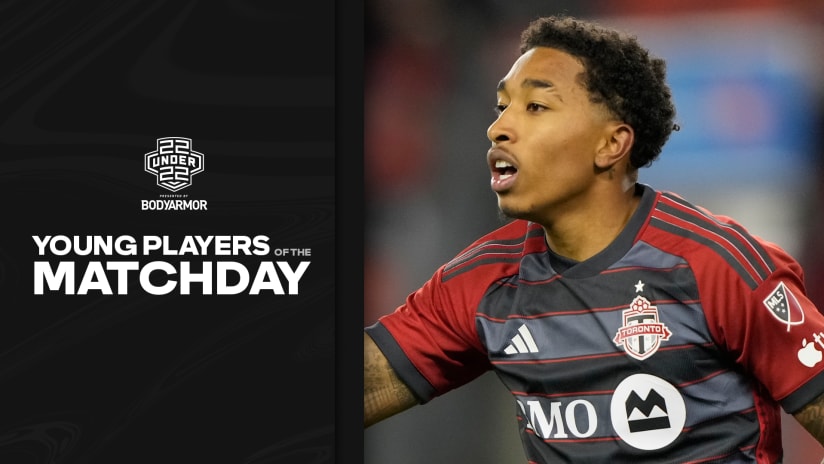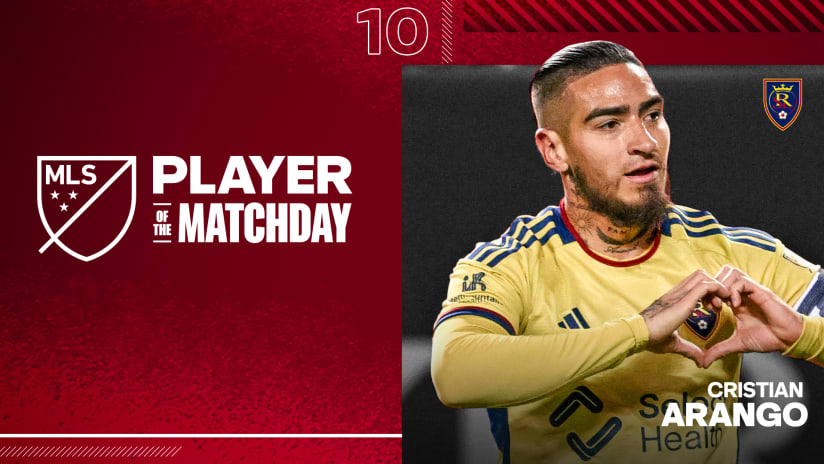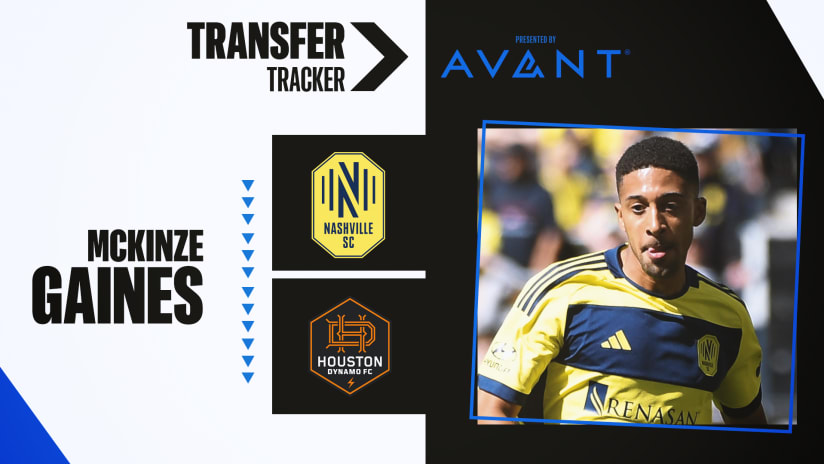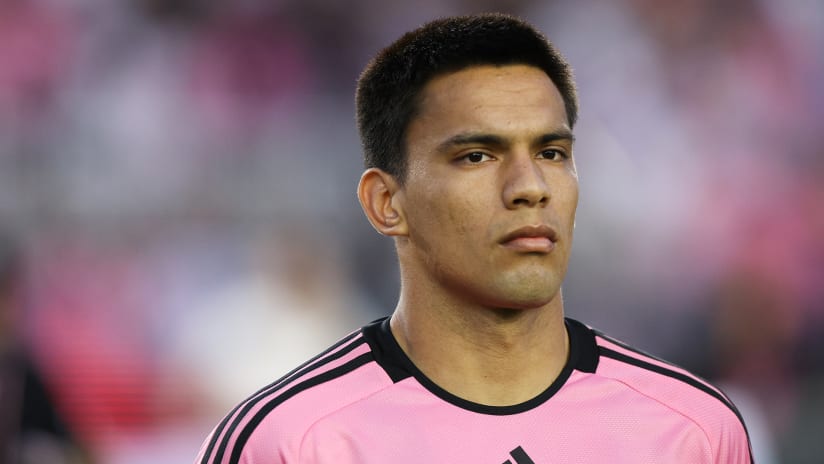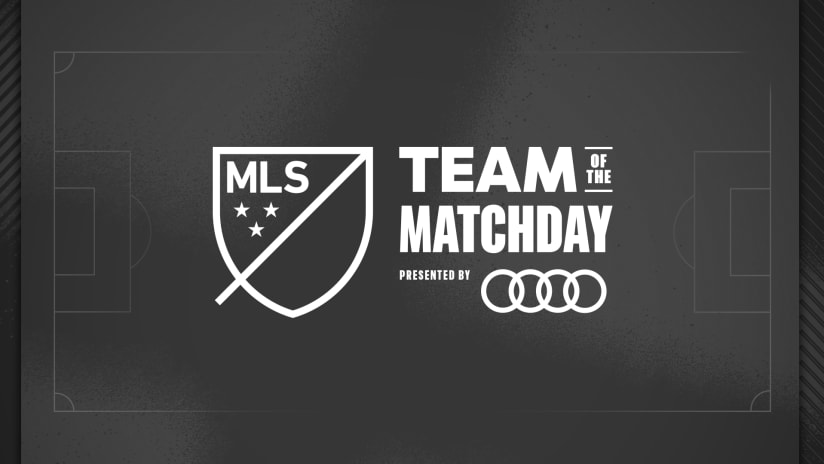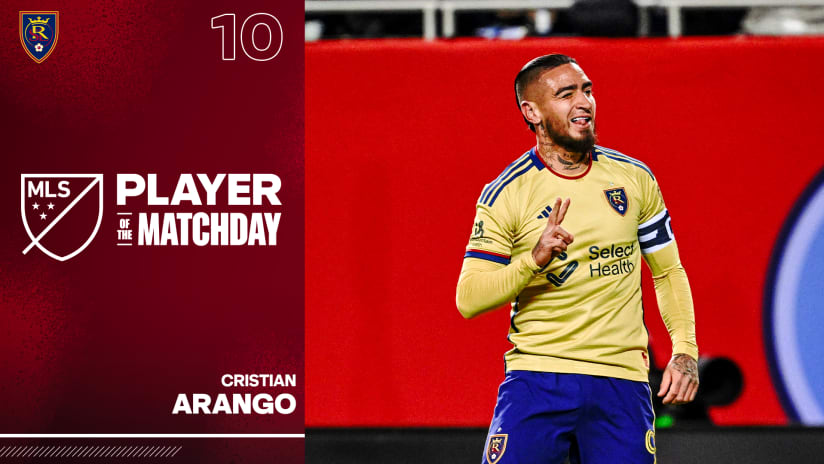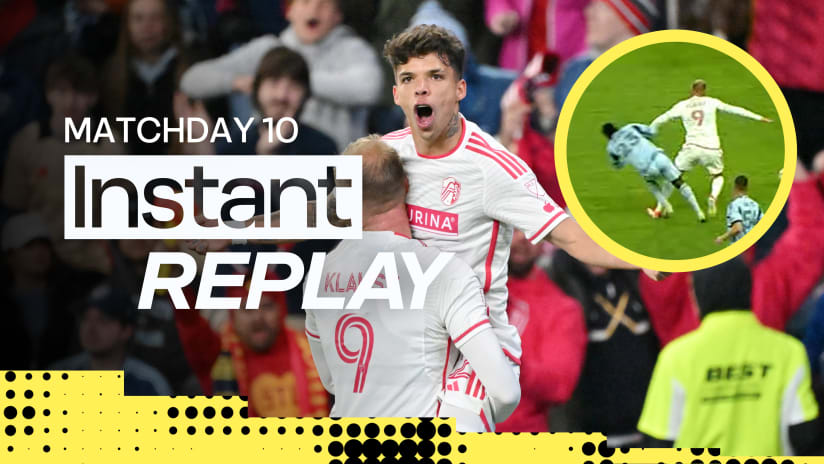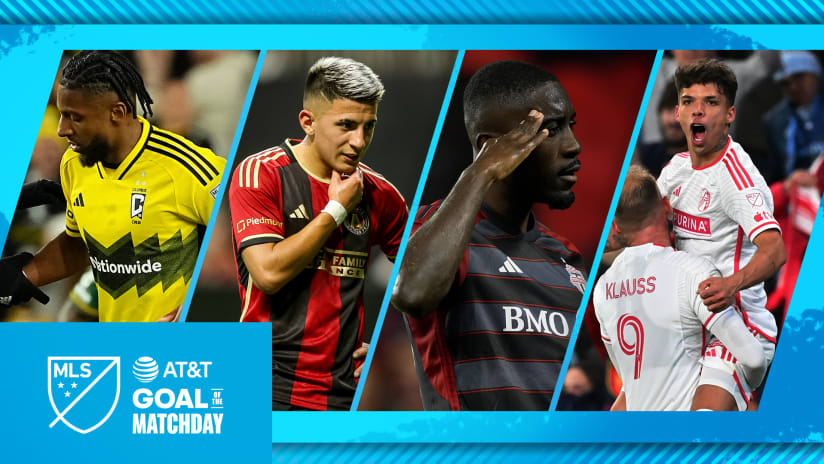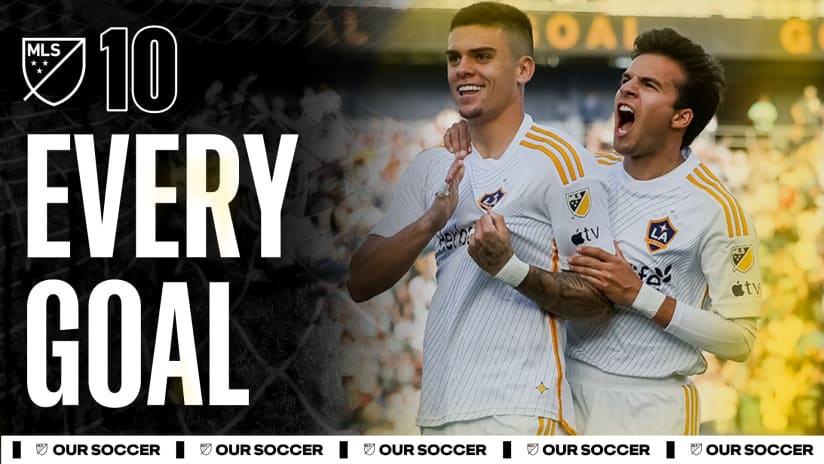Over the next three weeks, MLSsoccer.com will take a look back at the 2012 season that was for all 19 clubs in Major League Soccer, starting with Toronto FC and ending with the Supporters' Shield-winning San Jose Earthquakes. You can find the schedule and comprehensive reviews for each team here.
2012 record: 17-11-6 (57 points); 46 GF / 41 GA (+5 GD)

2012 in Review: Chicago Fire
2012 in Review: Fire's season in quotes
Opta Spotlight: Johnson steps up under additional pressure
I usually crush teams that rebuild in the middle of the season. Nine times out of 10, it’s a fool’s errand that only sets you back in terms of cohesion, performance and upside. The Red Bulls do it pretty much every year, and their barren trophy case is condemnation enough of that strategy.
Frank Klopas and the Chicago Fire, on the other hand, have done it two years in a row. And they’ve gotten better each time.
The Fire were one of the best teams in the league down the stretch in 2011, behind new acquisitions like Sebastián Grazzini and Pável Pardo. They made a pretty epic playoff push after a terrible first 20 games, eventually coming up just short.
So it seemed like they were in good shape for 2012. Just keep the group together (which Klopas largely did) during the offseason, trust those rollover minutes and get back to the postseason.
But things weren’t peachy out of the gate. Grazzini wasn’t happy with his contract, or maybe he missed his family, or something else entirely. Whatever it was, he was putting out zero effort on defense, and the whole team suffered for it before he was shippped out. Dom Oduro’s limitations as a go-to striker were becoming more and more apparent. And Marco Pappa seemed to already have his head in the Netherlands.
Cue the rebuild – one that, to be fair, was not from the ground up. Pardo, Logan Pause, Patrick Nyarko, Gonzalo Segares, Jalil Anibaba and Sean Johnson would still play key roles, but the rest was different.
Somehow, it worked. Once again the Fire went on a second-half tear, and once again there’s reason to think they’ll be one of the league’s better (best?) teams in the season ahead.
There were several keys, and we’ll start at the back with the central defensive pairing of Arne Friedrich and Austin Berry. The German World Cup veteran and MLS Rookie of the Year seemed like an odd couple, but they jelled almost instantly once Berry made his way into the starting XI, and with Pause and Pardo in front of them, they were the core of Chicago’s success.
Getting Álvaro Fernández in for Pappa was a good move as well. Flaco’s often frustrating in front of goal, but moves the ball exceptionally well in possession and opens up tons of space off the ball.
GOAL: MacDonald on the breakaway
Which leads us to Chris Rolfe and Sherjill MacDonald, the two guys who proved they knew exactly how to use that space. Rolfe came back to the Fire and MacDonald was signed as a Designated Player despite having stats that were less-than-DP caliber.
His off-the-page play was phenomenal, though. MacDonald had the speed to open up the game like Oduro (and finished at a slightly better rate, which fell short of “good” and was somewhere in the realm of “good enough”), along with the strength and touch to bring Rolfe, Flaco and Nyarko into the play from different angles. His hold-up play was simply remarkable, and the entire attack thrived because of it.
Nevertheless, finishing is still a major concern for 2013. Three of the four primary attackers – MacDonald, Fernández and Nyarko – are rather uninspiring in front of goal. Rolfe is the only one who’s an above-average finisher, and he’s never hit double-digit goals in his career. Against a team that can deny them chances, as Sporting KC did in a late-season 2-0 pummeling that wasn’t as close as the scoreline, the Fire usually came up short.
Which means the big question for Klopas is whether he trusts this group’s finishing enough to let them stay together and benefit from those rollover minutes. Another offsesason of getting to know each other could — should, really — mean more confidence in the final third, and more tap-ins in front of net.

